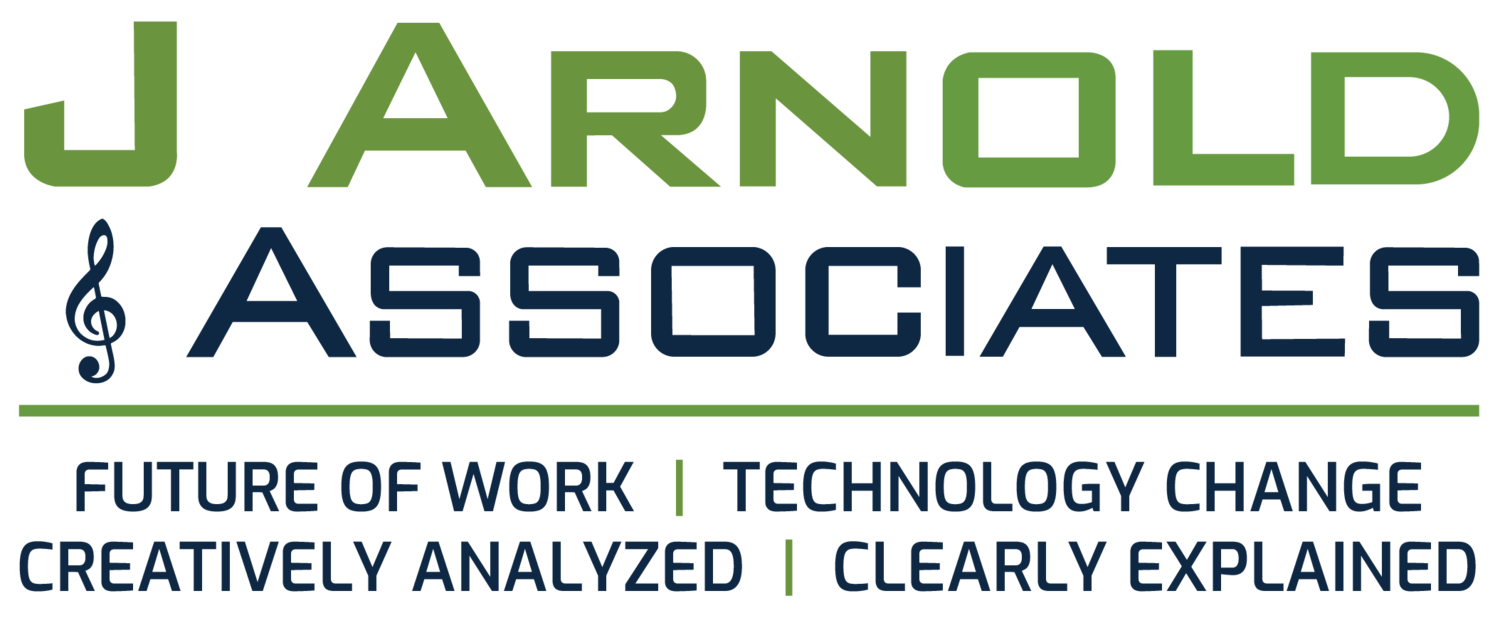Telus Sourcing Solutions - How Carriers Can Succeed With Hosted Contact Center
/I write regularly about the contact center, and cloud-based platforms have emerged as a key trend that’s re-shaping the landscape. On the vendor side, the accelerated push down this path has led to some fallout and consolidation, and it remains to be seen how successful these players will ultimately be. However, in the right hands, contact center as a service – CCaaS – can be a great opportunity, and service providers are one such example.
This is not their native forte, but much like how telephony is a Greenfield business for cable operators, so is the contact center for service providers. The key lies in having the right technology partner, but once that’s in place, as with other add-on hosted services, telcos have a natural entrée with business customers who are struggling in this area.
To illustrate, I had a briefing recently with one of Canada’s leading incumbents, Telus, and they’re a great example of taking a strategic approach to leverage the cloud for developing new business. More specifically, they have a division called Telus Sourcing Solutions, which provides BPO capabilities – business process outsourcing – primarily to mid-market enterprise customers.
BPO is a business unto itself, and while I don’t follow that space, it was very interesting to learn how contact center came into that orbit, along with how well it’s working out for Telus. Cloud is really just the latest iteration of the broader outsourcing trend that’s been running for ages, as IT departments face major challenges trying to manage everything in-house.
Telus has been offering cloud-based services for 12 years, so not only do they know what works for customers, but they also have a lot of cloud customers. Over the course of managing those relationships, Telus has recognized the contact center opportunity that many other service providers have seen globally. Most businesses are still using legacy technology and premise-based systems, and given how the expectations of today’s tech-savvy customers are changing, that model simply cannot keep pace. Aside from having limited multichannel capability, these systems lack deep integration with business-level platforms, are costly to support, and cannot be upgraded sufficiently for what’s needed now.
To address this, they have developed Elements, an end-to-end portfolio for a hosted – outsourced, really – contact center. Depending on the need, business customers can partner with Telus for any/all aspects of a contact center solution, not just for the technology, but also for providing agent staffing. Not quite offshoring, but this is a more complete form of outsourcing than you might associate as coming from a service provider.
This actually speaks to the strength of outsourcing, especially since the underlying technology is so flexible once it’s in the cloud. By partnering with a contact center vendor for the platform, Telus can draw from their broad BPO capabilities to provide the staffing if needed, and tie the offering together by hosting the solution in their data centers. In this regard, service providers are uniquely positioned to enter the CCaaS space, especially with a built-in pool of customers. So long as they have trusted partner status, it’s not a big leap for them to offer contact center.
As noted earlier, the key here is having the right technology partner, and Telus has this in Enghouse Interactive, a Canadian company, I might add. Details about this partnership were announced last month, and I’m just going to touch on three things here.
1. Contact center is Enghouse Interactive’s core business, and what stood out for Telus is the rich feature set, strong reporting, and ease of use for agents. While these are table stakes for contact center, they’re especially important when offering a turnkey solution from the cloud.
2. Multitenant platform provides Telus with great flexibility in terms of serving the broader market, especially mid-market and higher. Not only does this allow them to customize offerings for specific customers, but also support smaller line of business contact centers within an enterprise. The latter is a powerful option enabled by the cloud, and gives businesses new options for becoming customer-centric. This is where the value of outsourcing really shines, as businesses have limited means to do this internally, and even if they could, it would take much longer, so there’s a time-to-market issue that represents more value-add. Another benefit is the Opex model, as LOBs will be hard-pressed to get budget for a premise-based contact center, and the multitenant platform can scale to any size of need. Not only that, but it will enable a small LOB operation with the same feature set as an enterprise-scale contact center – again, something that a premise-based system cannot do.
3. Related to the last point above is extensive third party integration. Prime examples include CRM platforms such as Salesforce.com and Oracle CX, along with Skype for Business, WFM, PCI compliance, speech analytics, outbound notifications and social media platforms. This allows Telus to provide not just a turnkey contact center solution, but a tightly-integrated business solution that brings strategic value to their customers. Given how widely these applications are used, an outsourcing approach can be very attractive for businesses that know how difficult this would be to do on their own. Not only that, but with constant innovation, more applications are coming, so Telus offers a way to future-proof their investment with an always current contact center.
Of course, Telus brings a lot to the table, especially in terms of hosting this in their geographically redundant data centers. This matters in Canada given our large public sector, where Telus is very strong. Government agencies, hospitals, schools and municipalities, for example, are all spread thin across a vast geography, and with national coverage, Telus keeps all that data in-country, so data sovereignty is not an issue. With our small population, many of these operations will be small in scale, making them ideal candidates for CCaaS.
As these entities come to understand what’s possible here, the business case becomes stronger. Not only is the public sector under pressure to be more efficient, but also to be more “customer facing”. This means providing more channels to engage with the public, be more responsive, and deliver more services.
One such scenario would be rolling out mission-critical services like 311, along with being able to support it around the clock. Another would be responding to crisis situations, such as the wild fires that devastated Fort McMurray last year. Working with Telus, local agencies were able to respond quickly with contact center support for fire relief efforts.
This may not be the first thing that comes to mind when looking at opportunities for BPO, but with Telus Sourcing Solutions, it’s a natural fit. In my view, the key to success is a combination of having a vision for how hosted contact center will bring value to business customers, along with the right approach for choosing a CCaaS partner. This post serves to illustrate why I think Telus has succeeded on both counts, and how they represent a model for other service providers to follow.











